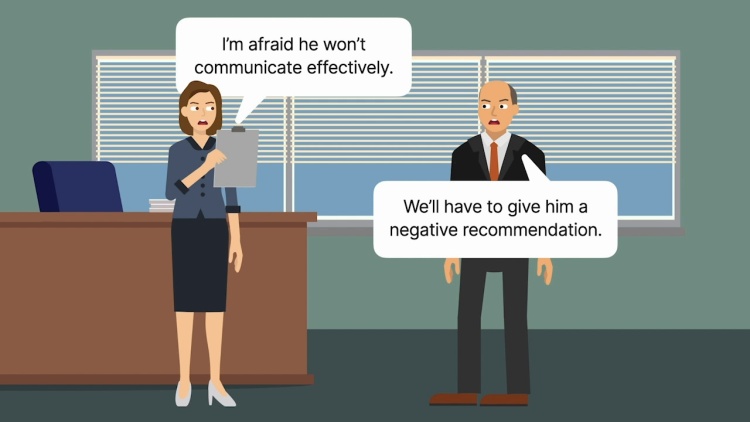Fragante v. City & County of Honolulu
United States Court of Appeals for the Ninth Circuit
888 F.3d 591 (1989), cert. denied, 494 U.S. 1081 (1990)

- Written by Sara Rhee, JD
Facts
In April 1981, Manuel Fragante (plaintiff) moved to Hawaii from the Philippines. Fragante saw an advertisement for a position as a civil-service clerk for the City and County of Honolulu (Honolulu). One of the primary responsibilities of a clerk was to verbally provide information to 200 to 300 people per day. Fragante applied for the position and received the highest score on the written test. Fragante then had an oral interview with two interviewers. Both interviewers noted that Fragante spoke with a heavy accent, which made it difficult to understand him. The interviewers gave Fragante a negative recommendation based on Fragante’s oral-communication skills. As a result, Fragante’s position on the civil-service list of candidates fell from first to third. Honolulu hired the two candidates who had superior verbal communication skills and had ultimately ranked higher than Fragante. Fragante sued Honolulu, claiming that he had been discriminated against based on his national origin in violation of Title VII of the Civil Rights Act of 1964 (Title VII), 42 U.S.C. § 2000e et seq. The district court found that effective oral-communication skills were a legitimate occupational qualification for a clerk position. The district court found that Fragante’s non-selection was due to his lack of oral-communication skills, not due to his national origin, and dismissed the complaint. Fragante appealed.
Rule of Law
Issue
Holding and Reasoning (Trott, J.)
What to do next…
Here's why 907,000 law students have relied on our case briefs:
- Written by law professors and practitioners, not other law students. 47,100 briefs, keyed to 996 casebooks. Top-notch customer support.
- The right amount of information, includes the facts, issues, rule of law, holding and reasoning, and any concurrences and dissents.
- Access in your classes, works on your mobile and tablet. Massive library of related video lessons and high quality multiple-choice questions.
- Easy to use, uniform format for every case brief. Written in plain English, not in legalese. Our briefs summarize and simplify; they don’t just repeat the court’s language.





